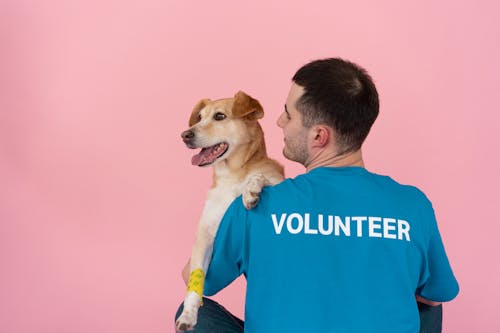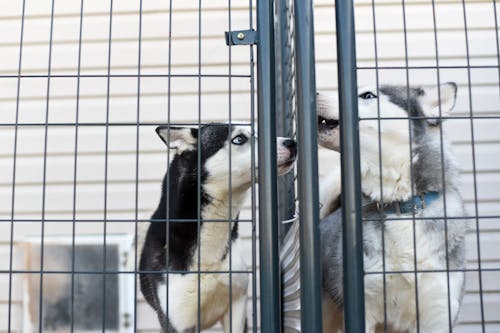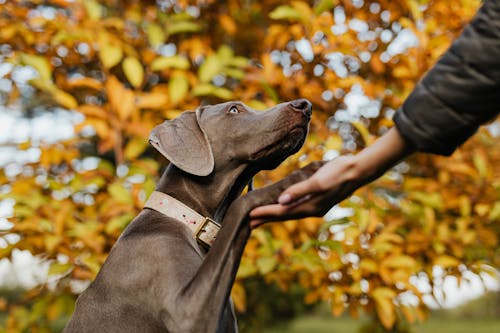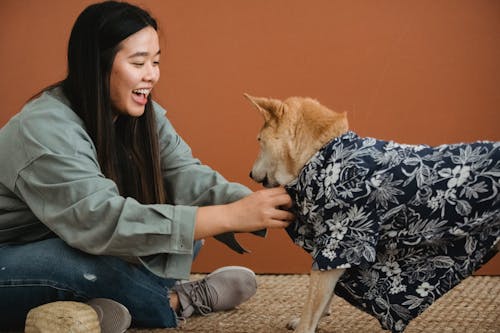Ultimate Guide to Senior Dog Rescue in 2024
Looking for a companion who just wants to cuddle and love you for free?
Senior dogs are the answer!
Rescuing a senior dog doesn’t just change their life – it changes yours too.
What is Senior Dog Rescue?

Senior Dog Rescue is giving older dogs a second life. These dogs, 7+ years old, end up in shelters due to circumstances beyond their control. Rescue organizations and shelters work to find forever homes for these deserving dogs who still have so much love to give.
Why Senior Dogs are the Best Pets

Older dogs are overlooked in shelters but they have many amazing qualities; they tend to be overlooked but they also deserve to have a forever home or shelter they can cherish especially when they are getting old.
Benefits of Adopting an Older Dog
- Less energetic: Older dogs are calmer and more laid back.
- Training included: Many older dogs already know basic commands and are house trained.
- Instant companion: Older dogs bond fast and are loyal companions who are grateful for a second chance.
Emotional Rewards of Rescuing Senior Dogs
Rescuing an older dog can be one of the best experiences; you're not only getting a pet, but you're also getting a best friend for life. Older dogs seem to know they’ve been saved and their gratitude comes in the form of never-ending love and loyalty.
Senior Dog Rescue Myths (And the Facts!)
There are many myths about older dogs that make people hesitant to adopt. Let’s debunk some of the most common below.

- Myth: Older dogs won’t live long.
- Truth: With proper care, older dogs can live healthy happy lives for several more years.
- Myth: Older dogs can’t be trained.
- Truth: Older dogs learn faster because they’re more focused than puppies.
Preparing Your Home for a Senior Dog

Before you bring your new senior home, you’ll want to get everything ready; you want to make sure that your environment is the right fit for your furry friend.
Here’s a checklist:
- Non-slip mats to prevent slipping.
- Soft bedding for those arthritic joints.
- Easy to reach food and water bowls.
A calm and comfortable environment will help your older dog transition smoothly into their new life.
Health Issues in Older Dogs
Older dogs may come with health problems, but that shouldn’t stop you from rescuing an older dog. Regular vet visits, good food, and low-impact exercise will keep them healthy.

- Common health issues: Arthritis, dental disease, and vision loss are more common in older dogs.
- Routine vet care: Preventative check-ups will catch health issues early; it is highly encouraged that when adopting a furry senior, you should visit your family veterinarian regularly.
How to Pick the Right Senior Dog for You

The right senior dog for you depends on your lifestyle and what you want in a companion. Here’s what to consider:
- Energy level: Some senior dogs are still high energy, while others are couch potatoes, and just want cuddles all the time.
- Temperament: Choose a dog whose personality fits your home—whether it’s calm and quiet or busy with kids and other pets.
The Adoption Process: Shelters vs. Senior Dog Rescues
You can adopt a senior dog from a local shelter or a senior dog rescue. Both have their pros and cons.

- Shelters have dogs of all ages, while senior dog rescues only help rescue older dogs.
- Senior dog rescues may have more information on the dog’s needs and health history.
Training and Transitioning Senior Dogs into Your Home

Unlike puppies, senior dogs need less training. But there are a few things to consider when introducing them.
- Routine is key: Older dogs love consistency.
- Patience is everything: Give them time to settle in and remember they may need a little extra love to feel secure.
Special Care for Senior Dogs
Older dogs have special needs to be met for comfort and health.

Food and Nutrition
Older dogs need a diet suited to their age. Look for the following types of food.
- High fiber, low-calorie foods to prevent weight gain.
- Joint supplements like glucosamine support arthritic joints.
- Fatty acids like Omega-3
Exercise for Seniors
Older dogs don’t need as much exercise as puppies but still benefit from gentle walks and playtime to keep their joints moving.
Swimming is also a great option if available to you. This low impact exercise allows senior dogs to stay fit while limiting impact on their joints and muscles.
Mental stimulation, like puzzles and lick mats, is also great. While not what we think of with exercise, giving mental stimulation is also key to keeping an older dog healthy.
Are Senior Dogs Good for Families with Kids?

Older dogs are often a great fit for families with kids. They’re calmer so they can be patient and gentle, especially with younger children. Just remember to supervise interactions and teach kids how to treat their new furry family member.
Senior Dogs and Other Pets: How to Make it Work
If you already have pets, introducing an older dog can be easy with the right approach.

- Go slow: Introduce your pets gradually, and let them get to know each other’s scents before they meet face to face.
- Monitor interactions: Watch their first few interactions to make sure everyone gets along.
Senior Dog Foster Programs: Temporary Homes, Big Impact

Not ready for a permanent commitment? Fostering a senior dog can be a great experience. It gives these older dogs a temporary home while they wait for their forever family. Also, it helps shelters and rescues free up space for other dogs in need.
Financial Burden of Senior Dog Ownership

Having an older dog comes with extra costs like vet visits and medications. But many rescues offer financial assistance or reduced adoption fees for senior dogs. Be sure to factor these in when you adopt.
End of Life Care for Senior Dogs

Caring for a senior dog in their last years is a big responsibility. Give them love, connect with them, provide comfort, and ensure proper vet care so their golden years will be the best they can be.
When the time comes, make sure their last moments are peaceful and dignified.
Happy Senior Dog Rescue Success Stories

There are so many stories of senior dogs who’ve found their forever homes and brought so much joy to their new pet parents. These stories prove it’s never too late for a dog to find happiness and older dogs can bring just as much love and companionship as a puppy.
Conclusion
Adopting an older dog is a decision of love, kindness, and reward. They still have so much to give and by rescuing them you’re giving them the chance to spend their remaining years in comfort and happiness.
Whether through adoption or fostering, senior dogs deserve a spot in your heart and home.
Senior Dog FAQs
1. Why adopt a senior dog over a puppy?
Senior dogs are calmer, house trained and their personalities are developed so they’re easier to bring into your home.
2. Do senior dogs need a lot of vet care?
They may need more frequent vet visits but with good care many senior dogs live long and healthy lives.
3. Can you teach an old dog new tricks?
Yes! Senior dogs can learn new commands and they’re often more focused than younger dogs.
4. How long do senior dogs live after adoption?
Several more happy years with good care.
5. Are senior dogs good with kids?
Yes, many senior dogs are gentle and calm with children but always supervise for positive interactions.




